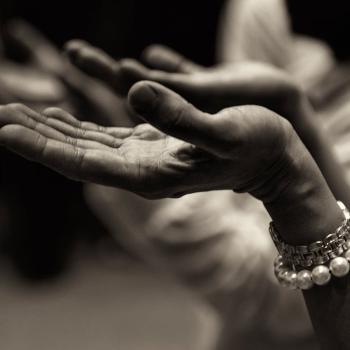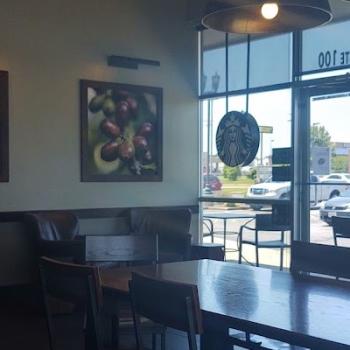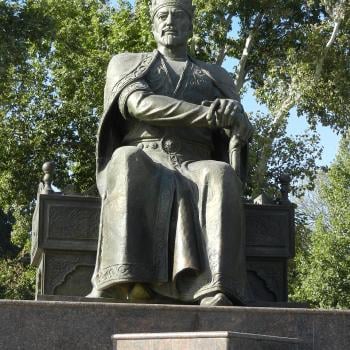Editors' Note: This article is part of a Public Square conversation on the Security State. Read other perspectives here.
When it comes to the "security state," especially the recent revelations of excessive interest in U.S. citizens' private affairs, many answers are clear:
Is it rational to be wary of enemies of the United States? Yes.
Does some national security have to come from covert operations? Yes.
Do government covert operations sometimes overstep their bounds? Yes.
Does some agency need to monitor the extent of that covert activity? Yes.
And so on. As with so many national debates, most people find themselves somewhere in the middle, but the fringe have a way of taking over. In this case, on one side the fear mongers argue for massive security measures against hidden enemies everywhere, while the other side says, "Chill out; things are not as bad as we think."
Such arguments leave most of us mystified. That's because the information one must have to make a wise decision is available only to professionals and experts. Most of us have to trust people who know what they are talking about, but it's difficult to tell who really knows what they are talking about sometimes.
That being said, Christian faith has a few decisive security matters to bring up. What we bring to the table are two seemingly naïve, simplistic, and politically loaded messages:
Jesus is Lord.
Fear not.
I recognize that such words are not welcomed by many at the table. If we were to enter a national forum of the brightest and the best in government, military, and CIA, and speak these words, eyes would roll and smirks would appear. Most would imagine that nothing could be more irrelevant to the discussion at hand.
And yet. If Jesus is Lord, then he is sovereign, and no security measure can make us safe if, in fact, it is his will to make us less safe for a time. That he does this sort of thing—makes people unsafe now and then—is the testimony of both history and Scripture. Note the prophet Isaiah on this point:
Surely the nations are like a drop in a bucket;
they are regarded as dust on the scales;
he weighs the islands as though they were fine dust.
Lebanon is not sufficient for altar fires,
nor its animals enough for burnt offerings.
Before him all the nations are as nothing…
He brings princes to naught
and reduces the rulers of this world to nothing.
No sooner are they planted,
no sooner are they sown,
no sooner do they take root in the ground,
than he blows on them and they wither,
and a whirlwind sweeps them away like chaff.
they are regarded by him as worthless
and less than nothing. (Is. 40:16-17, 23-24)
The fact that, in his inscrutable will, he will not necessarily shield us from danger does not mean that we have to cower in fear, wondering when the next shoe, the next 9/11, will drop. No, the second message is as true as the first: Fear not. "Thru many dangers, toils and snares we have already come," says the famous hymn "Amazing Grace." The author might have added, "and those that are yet to come." In fact, John Newton does say in the original last verse:
The earth shall soon dissolve like snow,
The sun forbear to shine;
But God, who call'd me here below,
Will be forever mine.
It cannot get anymore insecure than that. It's not only our national existence that is ultimately threatened; the Bible teaches that the earth itself shall dissolve. ("…Then I saw a new heaven and a new earth, for the first heaven and the first earth had passed away," Rev. 21:1.) And yet, echoing the teaching of the Bible, the hymn reminds us that there is no reason to fear because "the Lord has promised good to me," so that even if the earth as we know it dissolves, "God's dwelling place is among his people" in a new heaven and earth (Rev. 21:3).
The mistake of some well-meaning Christians is to assume that knowing these words—Jesus is Lord and Fear Not—settles the matter. We can get on with things and ignore the national conversation on security. So yes, these words can be said in a way that is indeed naïve and unhelpful.
But there is a way to say them that reminds us of our place in the grand scheme, which might just introduce a little wisdom into the national conversation. As our leaders discuss the tricky business of protecting our lives while protecting our freedoms, I'm hoping that someone will risk announcing these two words in just the right way, so that such decisions will not framed by fear or denial. Instead, shouldering the responsibility given by God to secure our life together, our leaders will move forward with humility and unshakable hope.
1/28/2014 5:00:00 AM




